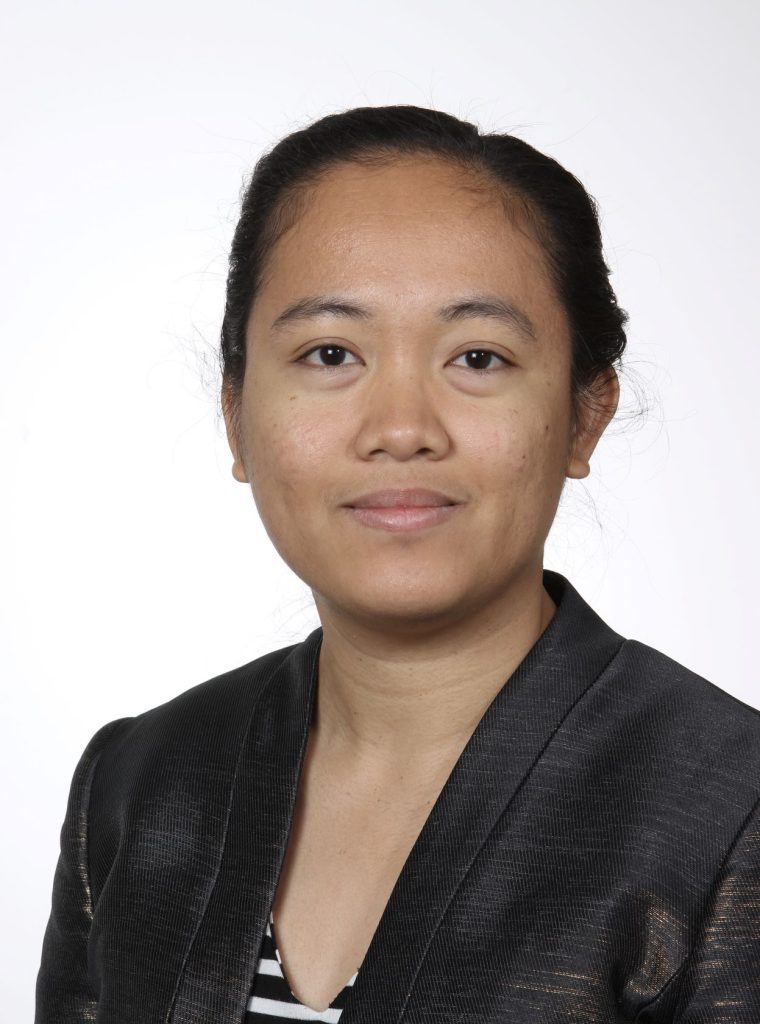Blog post by Anndra Parviainen, University of Eastern Finland
My love and passion to nursing education ignite me to enrol in a comprehensive nurse educator education program offered by the Erasmus+ funded New Nurse Educator project – Empowering the Nurse Educators in the Changing World. The study program is aimed for nurse educator candidates to prepare them for their work as nurse educators and to nurse educators to help them maintain their professional competence as nurse educators.
Issues in Future Nurse Education (5ECTS) is one of the study units of this program. Participants of the course were from different countries like Germany, Finland, Malta, Spain, Slovakia, and UK. Coming from Philippines, I realized that even though we came from different countries with different health care systems and culture, we are the same when it comes to the global health challenges and future issues in nursing education that we faced in this time. The most exciting part of the study unit was the intensive collaborative group project on integrating contemporary and future issues in nurse and health professions education in curricula in higher education.

Students were encouraged to form groups and come up with a topic for their collaborative group project during the first online session. The topics of the group projects were: interprofessional education, leadership, competence-based education, and mental health. The Future of Nursing 2020-2030: Charting a Path to Achieve Health Equity highlighted the need to build a broader coalition to increase awareness of nurses’ ability to play a full role in health professions practice, education, collaboration, and leadership; the need to continue to make promoting diversity in the nursing workforce a priority; and the need for better data with which to assess and drive progress (National Academies of Sciences Engineering and Medicine, 2021).
My experience working in an international team of learners is very rewarding. I admire the respectful atmosphere during the whole study course. There might be some misunderstandings due to miscommunications and language barrier, but at the end of the day, together we find solutions by communicating and clarifying things that seems to be unclear in a respectful and peaceful way. The uniqueness of every learner and wide array of expertise makes the learning process exciting and enjoyable.
Research evidence shows that collaborative group learning as pedagogical educational approach is effective for preparing students to work collaboratively with one another (Prichard et al., 2006; Sáiz-Manzanares et al., 2020). The impact of working in an international team of learners to my learning have improved my interpersonal skills and communication skills. Our mentors have shown us good example on how to facilitate collaborative learning and this skill is important to me personally as a nurse educator as I can use this approach in facilitating learning to my students. In conclusion, I can say that the course has empowered nurse educators like me by acquiring the updated knowledge and skills regarding the process of learning from multicultural group.

References
National Academies of Sciences Engineering and Medicine. (2021). The Future of Nursing 2020-2030: Charting a Path to Achieve Health Equity. The National Academies Press. https://doi.org/10.17226/25982
Prichard, J. S., Bizo, L. A., & Stratford, R. J. (2006). The educational impact of team-skills training: Preparing students to work in groups. British Journal of Educational Psychology, 76(1), 119–140. https://doi.org/10.1348/000709904X24564
Sáiz-Manzanares, M. C., Escolar-Llamazares, M. C., & Arnaiz González, Á. (2020). Effectiveness of Blended Learning in Nursing Education. International journal of environmental research and public health, 17(5), 1589. https://doi.org/10.3390/ijerph17051589

The author of this blog is Anndra Parviainen, a PhD-student form University of Eastern Finland (UEF), Faculty of Health Sciences, Department of Nursing Sciences, Kuopio Campus Finland. Originally, she is from Philippines. She came to Finland to advance her nursing career year 2015. At present, she works as Project Researcher in UEF and as Global Education Designer. Issues related to precision medicine, personalized care, and the integration of genomics in nursing education are her main areas of interest and are also related to her dissertation.
